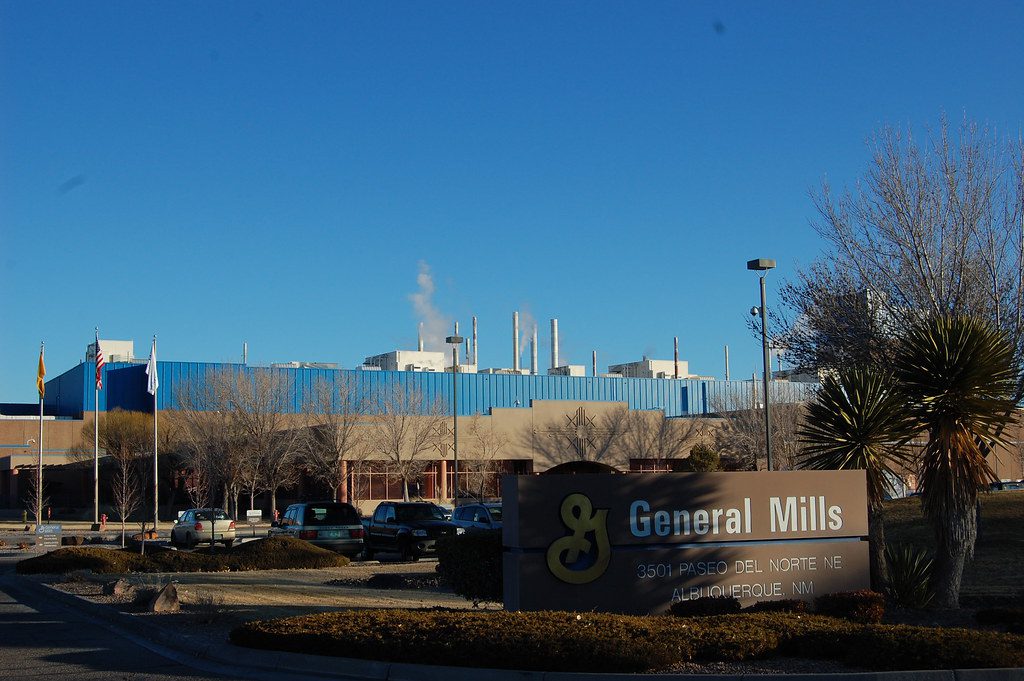General Mills makes food the world loves. The company is guided by its Accelerate strategy to drive shareholder value by boldly building its brands, relentlessly innovating, unleashing its scale and being a force for good. Its portfolio of beloved brands includes household names such as Cheerios, Nature Valley, Blue Buffalo, Häagen-Dazs, Old El Paso, Pillsbury, Betty Crocker, Yoplait, Annie’s, Wanchai Ferry, Yoki and more. Headquartered in Minneapolis, Minnesota, USA.
“Climate change and its effects are having an impact on our planet, people’s lives and on General Mills’ ability to live out our purpose of making food the world loves,” said Kofi Bruce, chief financial officer, General Mills. “General Mills is focused on reducing emissions across our value chain, and we are making strategic financial investments connected to our sustainability goals to further advance and support this important work.”
With the issuance of this bond, General Mills links the coupon of the bond to the performance against the company’s 2030 greenhouse gas reduction goal. The interest owed to bond investors will increase if the company fails to reach the interim reduction targets (Scope 1 and 2) by 2025. Company initiatives to reduce carbon emissions include energy efficiency at plant locations, shifts to renewable electricity and continued pursuit of other innovations.
General Mills structured its bond to align with International Capital Market Association’s Sustainability-Linked Bond Principles 2020. General Mills published a Sustainability-Linked Bond Framework, which can be found on the company’s website, and obtained a second party opinion on the framework from ISS ESG. An external verification from a qualified third party on General Mills’ performance will be made public annually and the emissions data will be communicated through the company’s Global Responsibility Report.
In 2015, General Mills was the first company across any sector to set a greenhouse gas reduction commitment approved by the Science-Based Target Initiative across its full value chain, from farm to fork to landfill. Earlier this year, General Mills was the first U.S. consumer packaged goods company to enter into a sustainability-linked revolving credit facility, which included a pricing structure tied to progress in reducing greenhouse gas emissions and purchasing renewable energy certificates to cover electricity usage.
According to businesswire.com. Source of photo: internet








